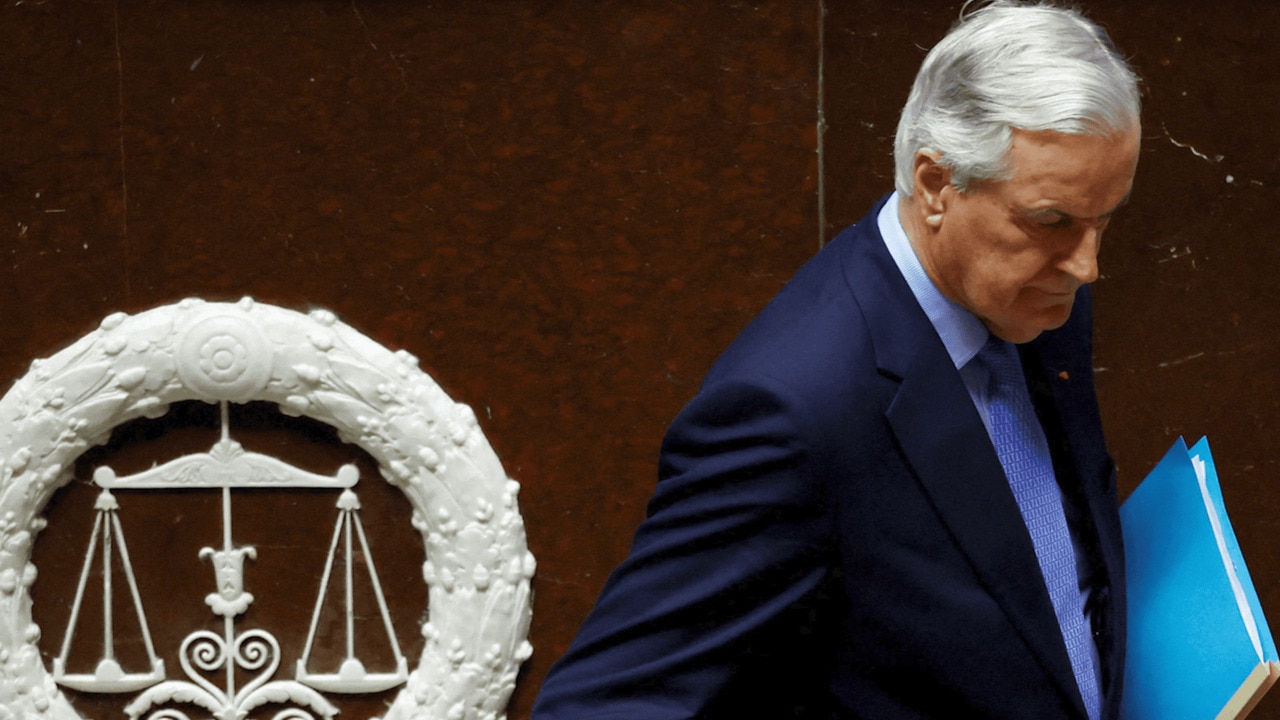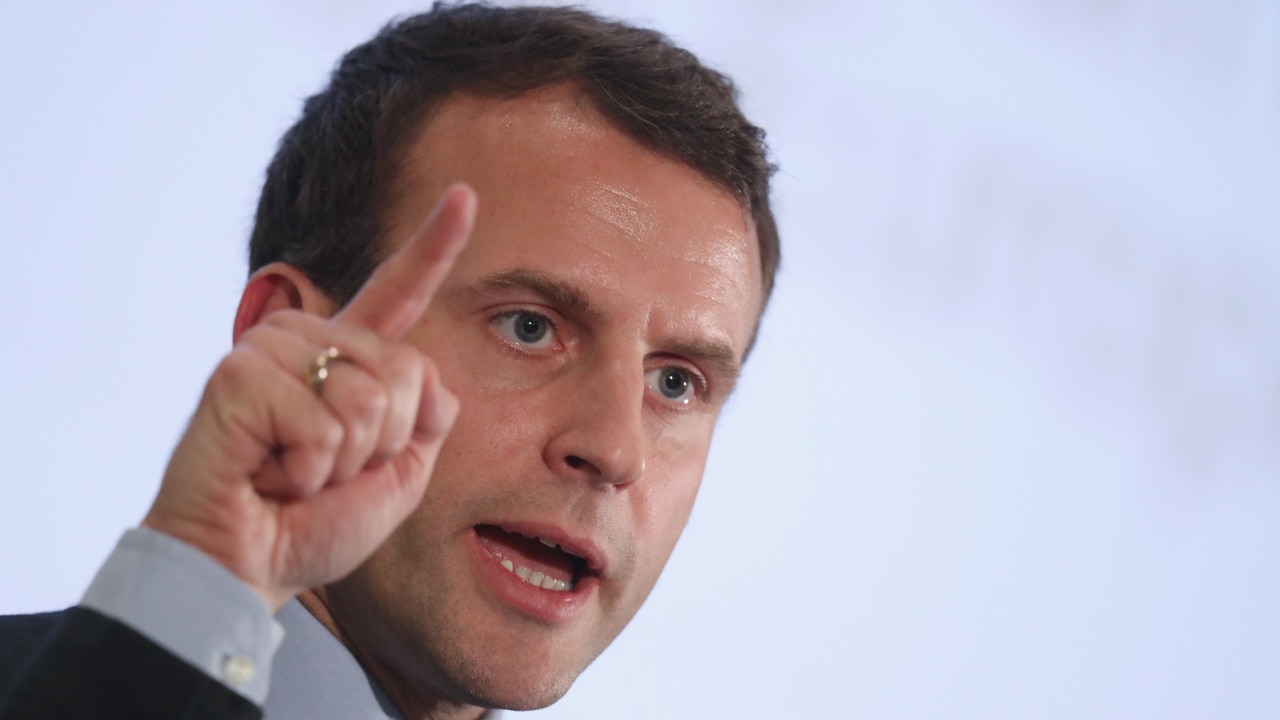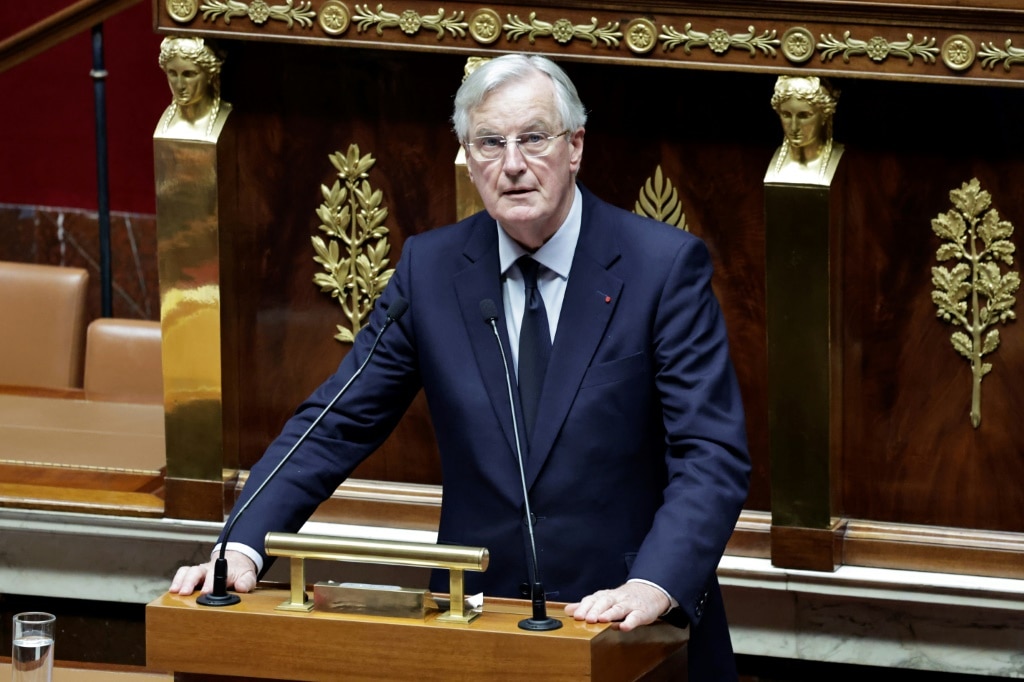What will Emmanuel Macron do now? Next steps after the Barnier government collapses
As France is engulfed in political chaos, the president could come under pressure to quit before the end his second term, opening the door for Marine Le Pen.

President Macron came to power in 2017 promising to rule France like Jupiter, handing down decisions from on high that would be implemented by the mere mortals under his orders. He was true to his word. Macron seems to have consulted only a tiny circle of advisers before concluding in June that he would dissolve the National Assembly following his centrist movement’s defeat in European elections.
Gabriel Attal, his prime minister, was among those kept in the dark and was aghast when he discovered the plan, predicting that Macron’s snap parliamentary elections would end in chaos.
That is exactly how it has worked out. After a two-month search for a prime minister to replace Attal during the summer, Macron appointed Michel Barnier, the former Brexit negotiator, at the head of a fragile minority government in September. Three months later, Barnier has himself been ejected before even being able to adopt a budget for next year.

Macron is again looking for a prime minister — his fourth this year — although whoever he chooses will face exactly the same conundrum as Barnier, with no majority in the National Assembly, and the constitution prohibiting fresh parliamentary elections before July.
With the economy burdened by €3.2 trillion of debt, bond markets growing increasingly nervous about France’s ability to reign it in and discontent threatening to erupt on the streets — public sector unions are preparing to strike on Thursday — there is no obvious way out of the morass.
Commentators are starting to suggest that the only solution could be Macron’s resignation, which would open the way to a new presidential election that would reshape the political landscape.
The self-proclaimed Jupiter of France has dismissed any such notion as a “political fiction”. Speaking in Saudi Arabia where he was on a state visit, Macron said he would remain in office until the end of his second and final term in 2027.
But his opponents, notably Marine Le Pen, the figurehead of the populist right National Rally, are not so sure. She is said to believe that if Macron’s next prime minister suffers the same fate as Barnier, a distinct possibility given the parliamentary arithmetic, the president will face growing pressure to leave office.

Le Pen has every reason to hope that will happen sooner rather than later. On March 31, the Paris criminal court will give judgment in a trial concerning allegations that her party embezzled at least €4.5 million from the European parliament. She denies wrongdoing, but if found guilty, she could be barred from standing for office.
If Macron were to resign beforehand, Le Pen could nip that threat in the bud, following in the footsteps of Donald Trump, her ideological bedfellow, by running for the presidency despite the legal clouds hanging over her head.
The Times


